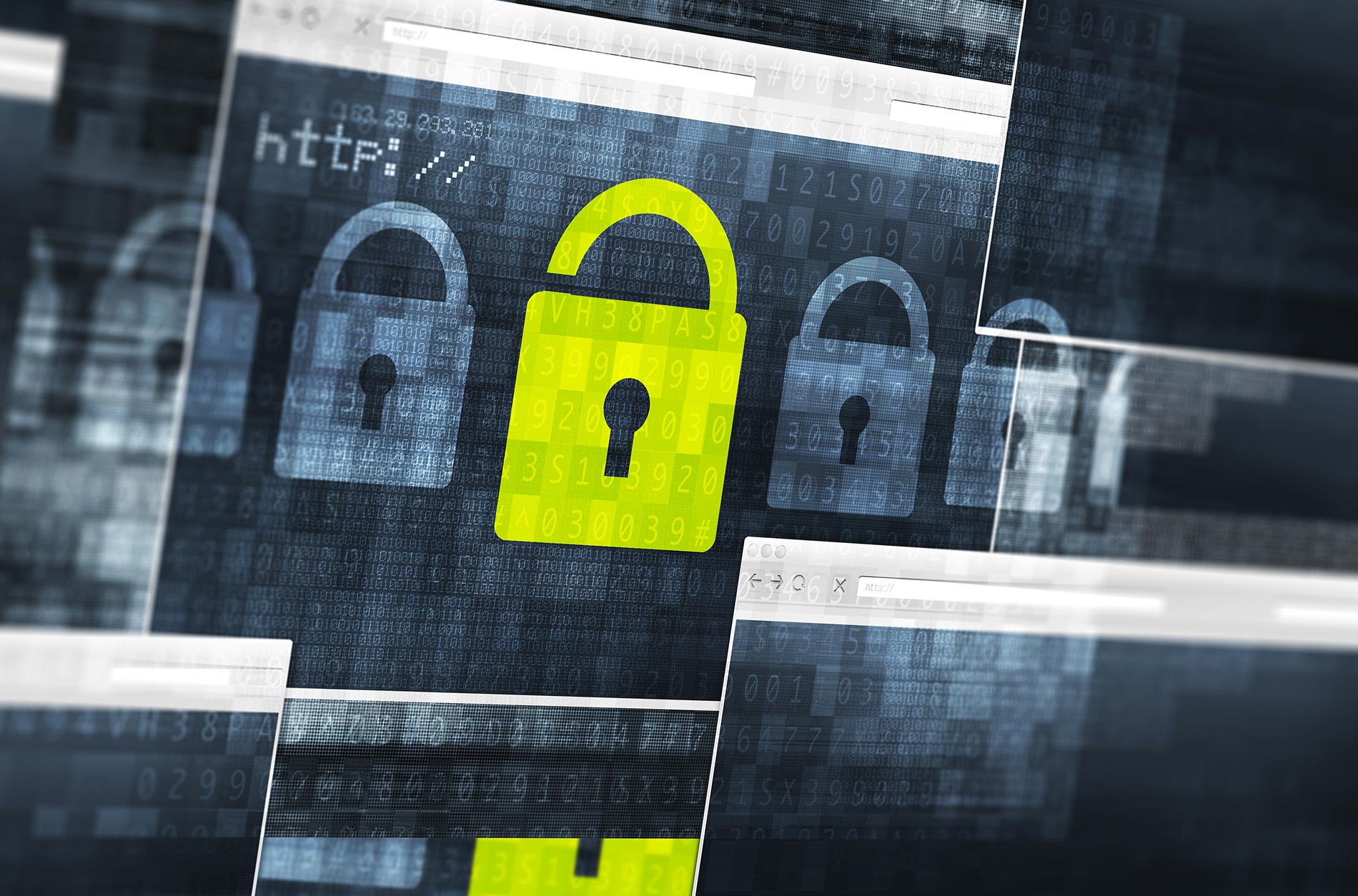

Are you doing enough to safeguard your company’s data from cyber threats? According to a report published by Panda Labs, approximately 18 million new malware threats were identified in Q3 2016, which translates into roughly 200,000 threats per day.
Of course, you can protect your data from hacking and other cyber threats with encryption services. It’s often viewed as the single most effective way to protect data. So, what is it and how does it work?
What is Data Encryption?
Encryption is the process of encoding information so that it’s only “readable” by the intended user or users. This doesn’t prevent unauthorized users from accessing the data — nor is that the intention. Rather, it prevents users from reading the data unless they have the corresponding key.
Encryption works by using an algorithm to convert the data into a special code. Once encrypted, only users with the associated key can decrypt and read it.
Benefits
The single most common reason cited for data encryption is protected from cyber threats. Firewalls, spam blockers, and anti-malware/virus software are all effective safeguards to protect data from unauthorized use, but encrypting it adds another layer that companies can use to further strengthen their internal security.
While there’s no law specifically requiring you to encrypt data, it’s often used to reinforce compliance, such as in the case of the Health Insurance Portability and Accountability Act (HIPAA) of 1996. HIPAA Security Rules require doctors and other covered entities to implement technical safeguards to protect their data from disclosure — and there’s no stronger technical safeguard than encryption.
To learn more about data encryption and how it can safeguard your business from disaster, contact us today.







No comment yet, add your voice below!